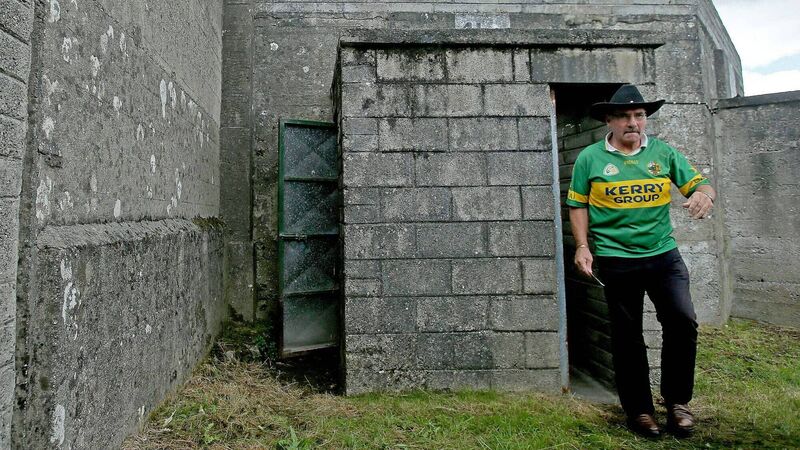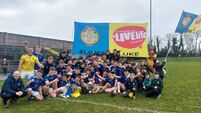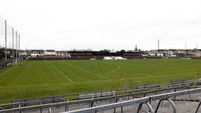Paul Rouse: The GAA’s leadership needs to change tack on its ticketing policy

CHANGING TIMES: A Kerry supporter makes his way through the turnstiles at Fitzgerald Stadium ahead of the 2015 Munster SFC final. The fact cash is no longer acceptable at turnstiles is not a positive development, argues our columnist.
The GAA’s approach to selling tickets to its matches is not reflective of the realities of life for its membership.











